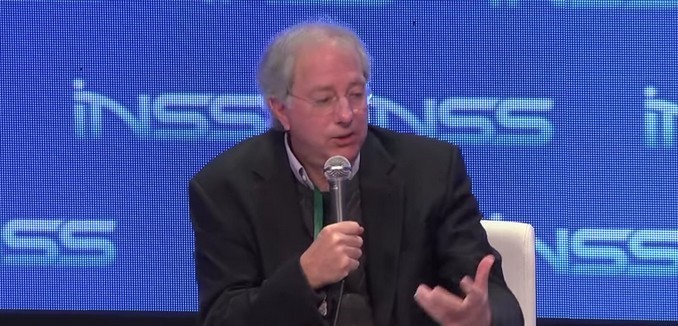President Barack Obama “should not dismiss the concerns” Israeli Prime Minister Benjamin Netanyahu raised yesterday in his speech to Congress, Ambassador Dennis Ross, who served for two years as a special assistant to President Obama, asserted today in a column published today in USA Today.
The administration needs to explain why the deal it is trying to conclude actually will prevent Iran from getting nuclear weapons for the lifetime of the agreement and afterwards. It needs to explain why the combination of the number and quality of centrifuges, their output, and the ship-out from Iran of enriched uranium will, in fact, ensure that the break-out time for the Iranians will not be less than one year. Either this combination adds up or it does not, but there should be an explicit answer to Netanyahu’s charge that Iran will be able to break out much more quickly.
Similarly, there should be an answer on how the verification regime is going to work to ensure that we can detect, even in a larger nuclear program, any Iranian violation of the agreement. The issue of verification is critical not just because Iran’s past clandestine nuclear efforts prove it cannot be trusted, but also because the administration has made a one-year break-out time the key measure of success of the agreement. But we can be certain that Iran will be one year away from being able to produce a bomb’s supply of weapons-grade uranium only if we can detect what they are doing when they do it.
Obviously, detection is only part of the equation. We cannot wait to determine what we will do about violations when they happen. Iran must know in advance what the consequences are for violations, particularly if we want to deter them in the first place. This clearly goes to the heart of Netanyahu’s concerns: If he had high confidence that we would impose harsh consequences in response to Iranian violations, including the use of force if we caught Iran dashing toward a weapon, he would be less fearful of the agreement he believes is going to emerge.
Ross writes that Netanyahu, based on past experience, believes that the United States “will seek to discuss violations and not respond to them until it is too late.” In order to dispel any doubts about America’s commitment to preventing Iran from violating the terms of the agreements it signs and developing a nuclear weapon, the administration should “[spell] out different categories of violations and the consequences for each — and then seek congressional authorization to empower this president and his successors to act on these consequences.”
In a similar vein, an editorial today in The Washington Post called on Obama to address the “legitimate questions” Netanyahu raised yesterday in his Congressional speech.
Previously Ross has pointed out that Iran has been inflexible in its nuclear negotiations with the P5+1 nations and has called the administration “weak” in dealing with Iran.
[Photo: INSS Israel / YouTube ]




